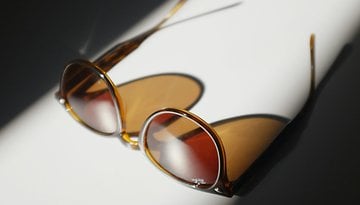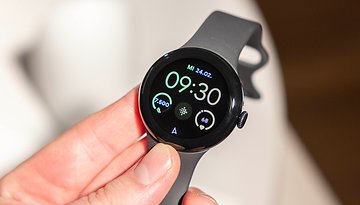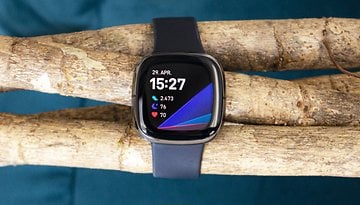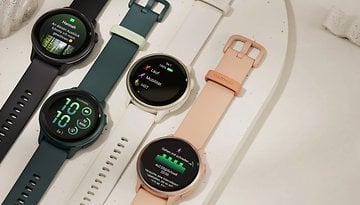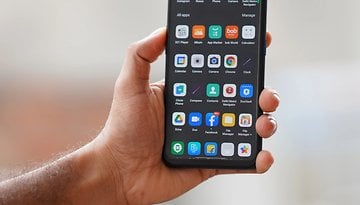HTC and Google Team Up: A New Era of Smart Glasses?
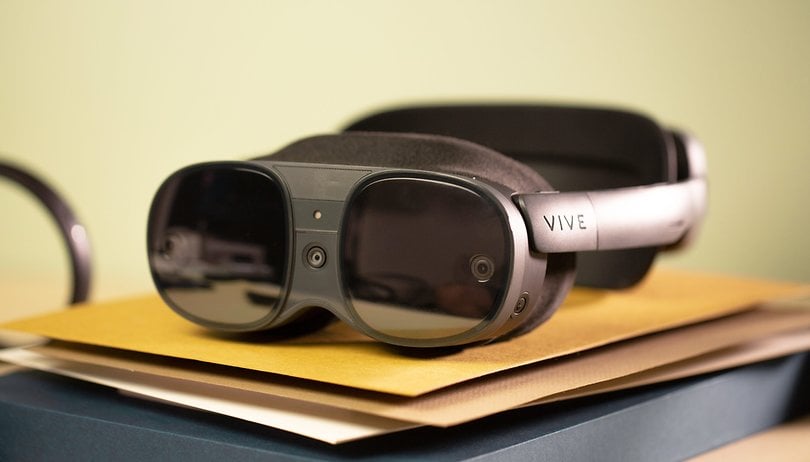

Read in other languages:
Google appears to be reigniting its ambitions in the smart glasses arena, and this time, it’s bringing reinforcements. A fresh collaboration with HTC not only secures access to critical licenses but also brings in seasoned XR developers from the Taiwanese company. For a tech giant that once envisioned a future shaped by computer glasses, this partnership signals a bold step forward. But how did we get here—and what’s next?
A Rocky Start: Google’s Early Glass Experiments
Back in 2012, Google Glass promised a world where tech merged seamlessly with daily life. Instead, it became a cautionary tale of tech being too far ahead of its time. Wearers were quickly labeled “Glassholes,” with public fears over privacy taking center stage. The hardware didn’t help either—low-res displays and bulky designs failed to deliver the futuristic allure Google had hoped for.
Yet, the vision of wearable tech never quite faded. While Google retreated, others saw opportunity. Snapchat’s Spectacles brought integrated cameras to social media storytelling, and Meta pushed into the space by outfitting Ray-Ban sunglasses with subtle but functional tech. Now, rumors suggest Google is ready to re-enter the fray—and this time, it’s better equipped.
- Read more about this: Ray-Ban Meta Headliner review
HTC Joins the Fold: Google’s Secret Weapon
Since late 2023, murmurs of Google’s renewed focus on smart glasses have been growing louder. The recent announcement of a $250 million collaboration with HTC provides some concrete clues about the strategy. HTC, once a dominant smartphone maker, has since pivoted to XR (extended reality) development, making its Vive AR/VR lineup a go-to for enthusiasts and professionals alike.
For Google, this partnership is a win-win. The deal grants access to HTC’s patents and brings aboard a talented team of XR specialists, potentially accelerating development timelines. For HTC, the partnership offers a much-needed lifeline as it struggles to gain traction in a fiercely competitive market.
HTC’s Long Road Back
HTC’s journey from smartphone pioneer to AR/VR hopeful has been anything but smooth. Its Vive series, while technically advanced, has struggled to carve out a significant market share. The absence of a robust ecosystem to support its high-priced hardware hasn’t helped either.
- Also read: HTC Vive XR Elite review
Attempts to revive its smartphone business have also faltered, leaving HTC searching for its next big break. By teaming up with Google, the company stands to gain both financial stability and the chance to tap into Alphabet’s vast ecosystem—a move that could finally push its technology into mainstream relevance.
The Bigger Picture
Google’s latest play in the smart glasses space underscores a larger trend: the race to define the next generation of computing. As AR and VR technologies mature, smart glasses are becoming the new battleground for tech giants. With Apple’s Vision Pro and Meta’s continued investment in AR wearables, the stage is set for fierce competition. Google’s partnership with HTC might just give it the edge it needs to reclaim its spot as an innovator in this space.
Also interesting: After testing the Apple Vision Pro, this is my favorite feature
For now, tech enthusiasts can only wait and watch as the pieces come together. Will Google’s renewed push finally deliver the futuristic smart glasses we’ve been waiting for? Or will history repeat itself? One thing’s certain: the competition is heating up, and this time, Google isn’t going in alone.
Source: Vive Newsroom






